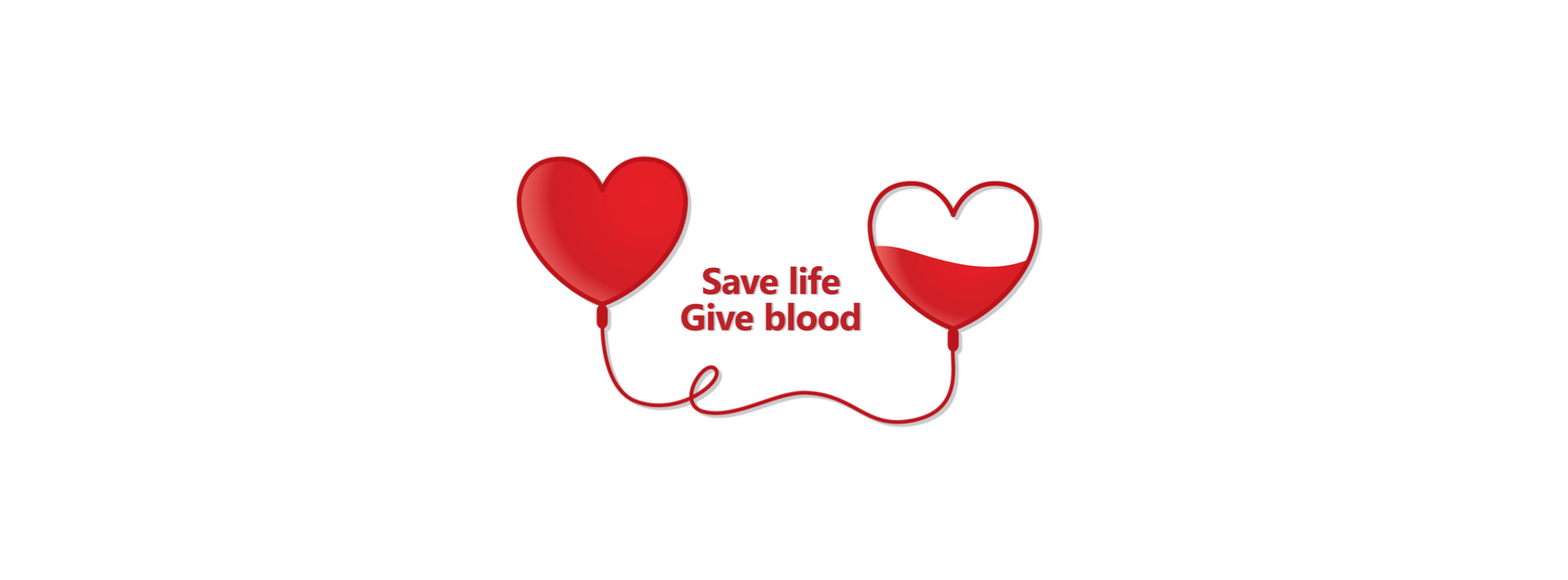
Every blood donation can save up to three lives, but thousands miss vital appointments to give blood.
Blood donations can make a huge difference to people that may need a blood transfusions every two weeks. Last year more than 9,000 people cancelled their donor appointment at short notice in the weeks before Christmas. When donor numbers drop in large numbers it means there can be a big shortage of blood stocks.
Missed or cancelled appointments were due to people’s calendars filling up with parties and shopping trips, the cold weather also can but people off from going out. One in 10 people last year could not be bothered to cancel their appointments and just failed to turn up. Fears grow for this year as people think the situation could be worse.
The NHS Blood and Transplants need to collect at least 1.4 million units of blood each year to meet the needs of patients across England. Autumn donations were unexpectedly low this year therefore December donations could be worse. New donors will take too long to process in the run-up to Christmas, meaning blood banks will depend on those who are already registered. Donors who need to cancel are being asked to give three days’ notice, so the slot can be given to someone else.
Every year they need 200,00 new donors are needed to ensure they have the right mix of blood groups to meet patients’ needs now and in the future. Many people would not be here today without blood donations and 6,000 people rely on blood transfusions every day across England. Most people between 17-65 can give blood, younger people (aged 17 or over) are needed to start becoming donors so there is enough blood in the future.
Blood or the components of blood are used to treat patients with medical conditions such as anaemia, cancer, blood disorders, and those who are having surgery. Donated blood or components are given to patients in a blood transfusion, they are given via an intravenous line into a blood vessel. In 2014, shown below is how hospitals used the blood donated:
- 67% was used to treat medical conditions including anaemia, cancer and blood disorders
- 27% was used in surgery including cardiac surgery and emergency surgery
- 6% was used to treat blood loss after childbirth
Usage does vary for each hospital depending on specialties.
Blood can be vital for people with medical conditions or who are having surgery. Blood transfusions can also improve the quality of life for people whose illness has no cure.
You can give blood if you:
- are fit and healthy
- weigh between 7 stone 12lbs and 25 stone or 50kg and 160kg
- are aged between are aged between 17 and 65 (or 70 if you have given blood before)
- are over 70 and have given blood in the last two years
Men can give blood every 12 weeks and women can give blood every 16 weeks.
The common reasons donors should check if they can give blood are:
- if you are receiving medical or hospital treatment
- if you are taking medication
- after travelling outside of the UK
- after having a tattoo or piercing
- during and after pregnancy
- if you feel ill
- if you have cancer
- after receiving blood, blood products or organs.
How to register be a donor.
- Go to give blood at blood.co.uk (in England, www.welsh-blood.org.uk (in wales), www.scotblood.co.uk (in Scotland) and nibts.hscni.net (in Northern Ireland).
- Then simply click register now.
Read through the next points to see if you are able to register:
- New donors must be aged between 17 and 66 and weigh at least 7st 12lb (50kg)
- Anyone who has had a blood transfusion since January 1980 cannot give blood, to safeguard against the possible risk of variant CJD being passed from donor to patient
- Pregnant women cannot donate blood
- Those undergoing infertility treatment may also be advised against it
- Those who are unwell are advised to wait until any illness has passed
- Most cancer patients will also be unable to give blood
- Travel to certain countries may also disqualify a donor from giving blood.